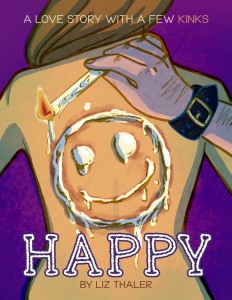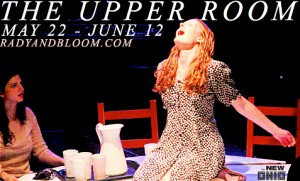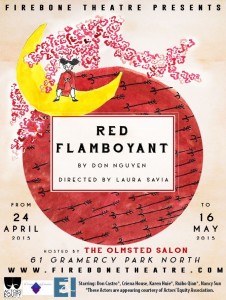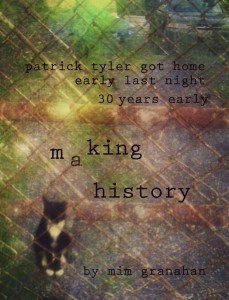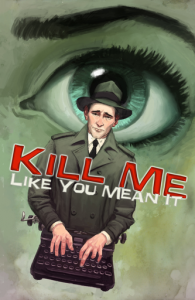 This podcast’s affection for all things “radio drama” has been well-documented (see past episodes on All That Fall, three episodes on RadioTheatre’s Lovecraft series, and The Offering for a few examples).
This podcast’s affection for all things “radio drama” has been well-documented (see past episodes on All That Fall, three episodes on RadioTheatre’s Lovecraft series, and The Offering for a few examples).
But what we haven’t yet heard on the podcast is a show in that most classic of classic radio genres: the murder-mystery.
Long-time comedy-and-sketch-writing duo Marina & Nicco remedy that, as they bring their comedic sensibilities to the old “group of strangers meet at a strange house for a party, and bodies start to drop” setup—but they’ve got a lot of twists, turns, and laughs for you along the way that are anything but formulaic.
It’s written in a serial format, so there are four different nights of live radio fun, each with two episodes, but never fear if you can’t catch them all: they’re podcasting the episodes, so you can catch up on prior plot-points on your way to The PIT to see future episodes!
(and yes, you are hearing the Jurassic Park theme in the background of this episode—which means you’ve got more chances to catch Hold On to Your Butts, which is back at The PIT, so listen to the episode on that one here, and try to catch a Murder!/HOTYB double-header!)
Listen in to this episode as the Marina & Nicco themselves, Marina Tempelsman and Niccolo Aeed, discuss answering sketchy Craigslist ads, writing to the form, and exploring foley by hitting everything in the hardware store with a hammer.
“…it just lends itself so well to being serialized…”
“…it’s funny and screw-bally, but we also got excited about making people get that feeling of, ‘what comes next?!?'”
Podcast: Play in new window | Download
Subscribe: RSS

